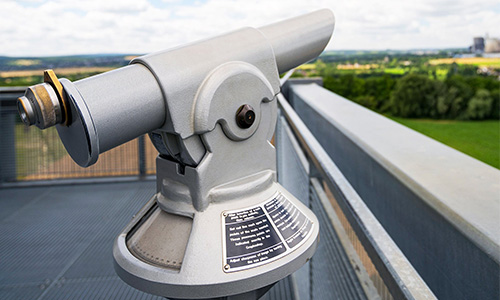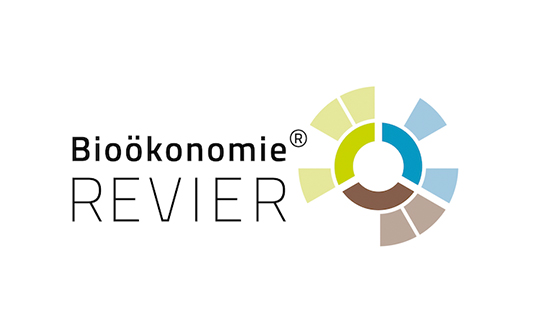
SDG 12 aims to ensure sustainable consumption and production patterns. This not only involves achieving the sustainable management and efficient use of natural resources, but also questioning and changing unsustainable consumption and production patterns, for example by strengthening the scientific, technological, and innovative capacities of developing countries.
Overview, targets and indicators of SDG 12
Forschungszentrum Jülich is helping to realize SDG 12 by providing companies and society with solutions on how to use waste and operate sustainably as well as by networking stakeholders.
Bioökonomie REVIER
The BioökonomieREVIER innovation cluster project contributes in a variety of ways to the implementation of sustainable consumption and production patterns in the model region for the bioeconomy in the Rhenish mining area. Technology-based innovations for greater sustainability in production and in the value chains are developed in innovation laboratories in order to strengthen the competitive opportunities of companies and businesses and to address changing consumer demands.
The innovation portfolio of the BioökonomieREVIER initiative covers a broad range of bioeconomy concepts, from automation processes in agriculture and biotechnology to the upcycling of food waste, gas fermentation, bio-based environmental technologies, functionalized materials, and renewable energy systems.
In addition, BioökonomieREVIER pursues a systematic approach to get regional stakeholders involved and strengthen their capacity for innovation. The initiative creates platforms for personal exchange to understand the problems faced by companies, businesses, and municipalities, to present technological innovations, and then to use the innovation network to develop concrete solutions for companies, agriculture, and municipalities through targeted measures.

“BioökonomieREVIER follows the multi-stakeholder principle in transferring innovative solutions to economic application. Circularity and resource efficiency are key principles for a model region for a sustainable bioeconomy,” says Dr. Christian Klar, head of the BioökonomieREVIER coordination office and a member of the Institute of Bio- and Geosciences – Plant Sciences (IBG-2).
Project Information


